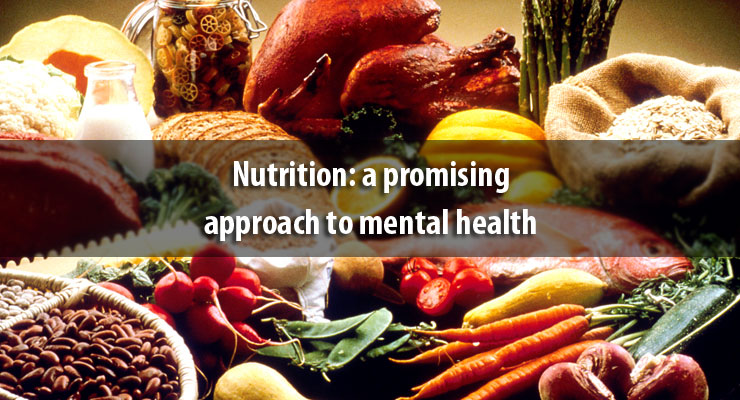
Category: Treatment
Physical activity lowers depression and anxiety
Australian researchers recently published an article in The Journal of Sports Medicine and Physical Fitness, showing a connection between physical activity levels and depression.
Researchers studied 109 participants who had been treated for depression, anxiety, or both and had been referred to a lifestyle intervention program. Each participant completed the Depression, Anxiety and Stress Scale and the Active Australia Survey, and researchers compared their fitness scores with those of the general population.










